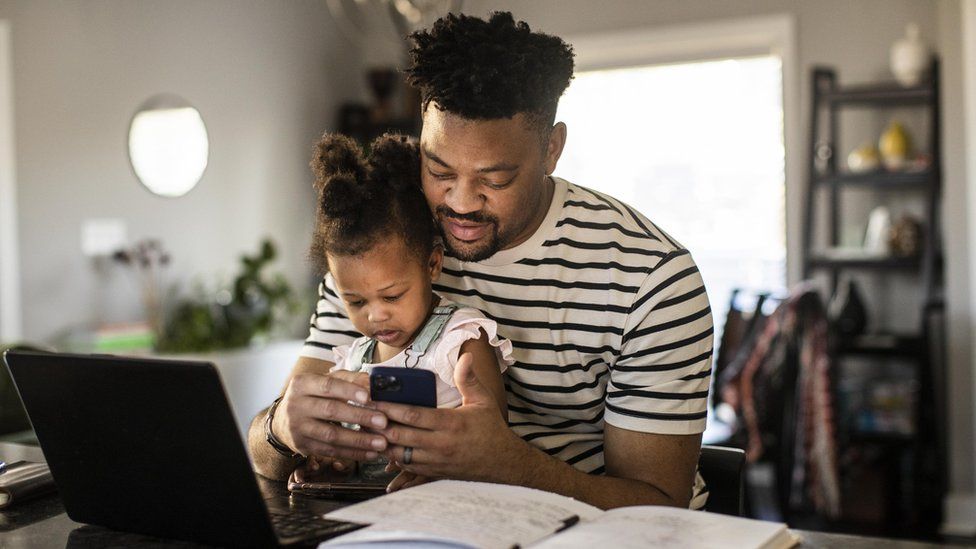ARTICLE AD BOX
 Image source, Getty Images
Image source, Getty Images
By Chris Vallance
Technology reporter, BBC News
Peers have passed a controversial new law aimed at making social media firms more responsible for users' safety on their platforms.
The Online Safety Bill has taken years to agree and will force firms to remove illegal content and protect children from some legal but harmful material.
Children's charity the NSPCC said the law would mean a safer online world.
But critics argued it would allow a regulator, and tech firms to dictate what may or may not be said online.
The nearly 300-page bill will also introduce new rules such as requiring pornography sites to stop children viewing content by checking the ages of users.
While the act is often spoken about as a tool for reining in Big Tech, government figures have suggested more than 20,000 small businesses will also have to comply.
The bill has had a lengthy and contentious journey to becoming law, beginning six years ago when the government committed to the idea of improving internet safety.
The idea that inspired the bill was relatively simple, scribbled down on the back of a sandwich packet by two experts, Prof Lorna Woods of the University of Essex and William Perrin of the charitable foundation Carnegie UK.
Prof Woods told the BBC that finally seeing it pass was "slightly unreal".
"I think when you're waiting for anything for a long time, there's always that sense of, 'Oh, it's here,'" she said.
But the complexity of the act does cause her concerns that big tech companies will challenge parts of it in court.
"I think maybe the complexity leads itself to that sort of challenge and that could delay the full coming into force of the regime."
Driving the bill have been the stories of those who have suffered losses and harm which they attribute to content posted on social media.
Online safety campaigner Ian Russell has told the BBC the test of the bill will be whether it prevents the kind of images his daughter Molly saw before she took her own life after viewing suicide and self-harm content online on sites such as Instagram and Pinterest.
Digital rights campaigners the Open Rights Group said the bill posed "a huge threat to freedom of expression with tech companies expected to decide what is and isn't legal, and then censor content before it's even been published".
Lawyer Graham Smith, author of a book on internet law, said the act had good aims, but "if the road to hell is paved with good intentions, this is a motorway".
He said it was "a deeply misconceived piece of legislation", and the threat it posed to legitimate speech was likely to be "exposed in the courts".
And popular messaging services such as WhatsApp and Signal have threatened to refuse to comply with powers in the bill that would force them to examine the contents of encrypted messages for child abuse material.
After royal assent the baton will pass to the communications regulator, Ofcom, who will be largely responsible for enforcing the bill.
It will draw up codes of conduct that will provide guidance on how to comply with the new rules.
Those who fail can face large fines of up to £18m, or in some cases executives could face imprisonment.
There is a lot staked on the success of the bill - not only the safety of children and adults, but also the UK's ambitions as a tech hub and possibly, if things go wrong, continued access to popular online services.
For Prof Woods the bill will be a success if social media companies and others are more responsive to user concerns.
"And maybe we won't have to see quite so much of the stuff we don't want to see in the first place. But I don't think we should expect perfection. Life's not perfect," she said.

 1 year ago
37
1 year ago
37








 English (US) ·
English (US) ·